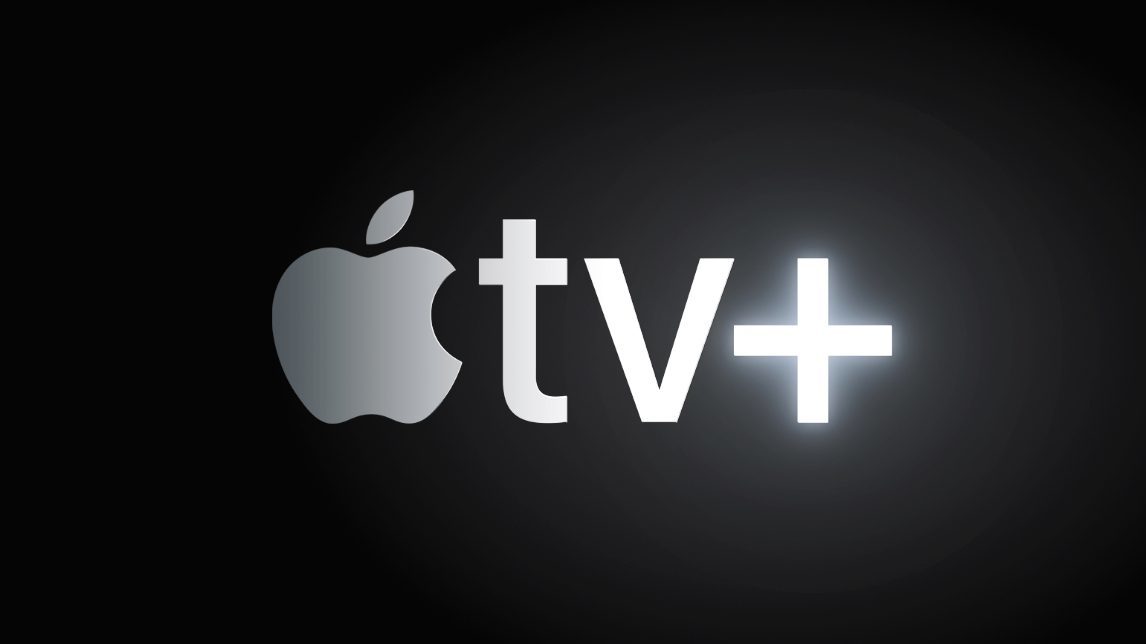The Role of Artificial Intelligence in Digital Marketing

In the rapidly evolving digital landscape, Artificial Intelligence (AI) has emerged as a transformative force, revolutionizing various industries. One of the most impacted sectors is digital marketing. AI’s integration into digital marketing strategies has not only enhanced efficiency but also opened up new avenues for personalized customer engagement. In this blog, we will explore the multifaceted role of AI in digital marketing and how it is reshaping the future of this dynamic field.
Role of AI in Digital Marketing:
1. Personalized Customer Experiences
AI has significantly elevated the level of personalization in digital marketing. With the ability to analyze vast amounts of data, AI systems can understand individual customer preferences and behaviors. This insight allows marketers to create highly personalized content and recommendations.
For example, AI-powered recommendation engines, like those used by Amazon and Netflix, analyze user behavior to suggest products or content that align with their interests. This level of personalization not only enhances user experience but also drives higher engagement and conversion rates.
2. Enhanced Data Analysis and Insights
Traditional data analysis methods often struggle to handle the sheer volume and complexity of data generated in digital marketing. AI, with its advanced algorithms, can process and analyze large datasets quickly and accurately. This capability allows marketers to gain deeper insights into customer behavior, market trends, and campaign performance.
AI tools like Google Analytics Intelligence use machine learning to provide actionable insights and predictions. Marketers can use these insights to make data-driven decisions, optimize campaigns in real-time, and improve overall marketing effectiveness.
3. Chatbots and Customer Service
AI-powered chatbots have become an integral part of digital marketing, offering 24/7 customer support and enhancing user experience. These chatbots use natural language processing (NLP) to understand and respond to customer queries in real-time.
Brands like Sephora and H&M use chatbots on their websites and social media platforms to assist customers with product inquiries, order tracking, and personalized recommendations. This not only improves customer satisfaction but also frees up human resources for more complex tasks.
4. Predictive Analytics
Predictive analytics, powered by AI, is a game-changer for digital marketing. By analyzing historical data, AI algorithms can predict future trends, customer behavior, and campaign outcomes. This foresight enables marketers to proactively adjust their strategies for better results.
For instance, predictive analytics can help identify which leads are most likely to convert, allowing marketers to prioritize their efforts on high-potential prospects. This targeted approach increases the efficiency and ROI of marketing campaigns.
5. Content Generation and Optimization
AI is also making its mark in content creation. Tools like OpenAI’s GPT can generate high-quality content for blogs, social media posts, and ad copy. While human creativity is irreplaceable, AI can assist in producing content at scale, ensuring consistency and saving time.
Additionally, AI-powered tools can optimize content for SEO by analyzing keywords, readability, and engagement metrics. This helps in creating content that not only ranks higher on search engines but also resonates with the audience.
6. Programmatic Advertising
Programmatic advertising uses AI to automate the buying and selling of ad inventory in real-time. This method leverages AI algorithms to bid on ad spaces based on predefined criteria, ensuring that ads are shown to the right audience at the right time.
Platforms like Google Ads and Facebook Ads Manager use AI to optimize ad placements, targeting, and budget allocation. This automation not only increases the efficiency of ad campaigns but also maximizes ROI by reaching the most relevant audience.
7. Social Media Management
Managing multiple social media accounts and analyzing performance can be overwhelming. AI tools like Hootsuite and Sprout Social use machine learning to streamline social media management. They can schedule posts, track engagement, and analyze sentiment to provide actionable insights.
AI-driven social listening tools also help marketers monitor brand mentions and customer feedback across various platforms. This real-time monitoring allows brands to respond promptly to customer queries and manage their online reputation effectively.
8. Email Marketing Optimization
Email marketing remains a powerful tool for digital marketers, and AI is enhancing its effectiveness. AI can analyze customer data to segment audiences, personalize email content, and optimize send times for maximum engagement.
AI tools like Mailchimp and HubSpot use predictive analytics to determine the best time to send emails, the most engaging subject lines, and the content that resonates most with different segments. This level of optimization leads to higher open rates, click-through rates, and conversions.
9. Voice Search Optimization
With the rise of voice-activated devices like Amazon Alexa and Google Home, voice search is becoming increasingly popular. AI plays a crucial role in optimizing digital marketing strategies for voice search.
Marketers need to focus on conversational keywords and natural language queries to optimize for voice search. AI tools can analyze voice search data to understand how customers phrase their queries and tailor content accordingly. This optimization ensures that brands remain visible in voice search results.
10. Fraud Detection and Security
AI is also instrumental in enhancing security and detecting fraud in digital marketing. AI algorithms can monitor and analyze patterns to identify suspicious activities and potential threats.
For example, AI-powered systems can detect click fraud in pay-per-click (PPC) campaigns, where malicious actors generate fake clicks to exhaust the advertiser's budget. By identifying and mitigating such threats, AI helps protect the integrity and effectiveness of digital marketing efforts.
Conclusion:
The integration of AI into digital marketing is not just a trend but a necessity in the modern digital landscape. From personalized customer experiences to advanced data analysis and predictive analytics, AI is revolutionizing the way marketers engage with their audience and optimize their strategies. As AI technology continues to evolve, its role in digital marketing will only become more significant, offering endless possibilities for innovation and growth. Integrating AI into your digital marketing plans is essential for staying competitive, and partnering with the best digital marketing agency in Kochi can help you achieve this seamlessly. Embracing AI in digital marketing is no longer optional but a critical component for achieving long-term success.
What's Your Reaction?
 Like
0
Like
0
 Dislike
0
Dislike
0
 Love
0
Love
0
 Funny
0
Funny
0
 Angry
0
Angry
0
 Sad
0
Sad
0
 Wow
0
Wow
0























































